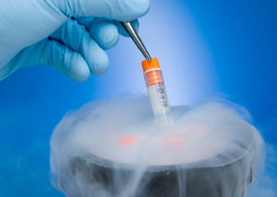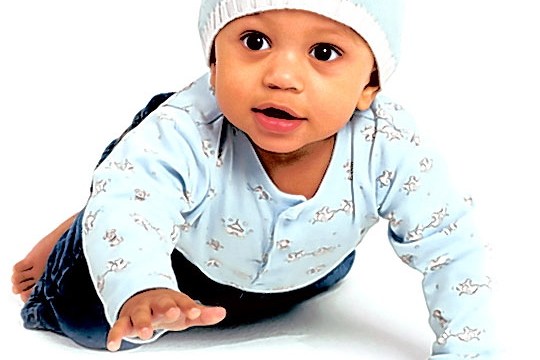New Cracks in the Frozen Egg Debate

There are a few ways to think about storing your gametes at -321 F for later use. On the one hand, cryopreservation could be one of the greatest tools would-be parents have in fighting societal expectations to be mothers and fathers by a certain age. On the other, it’s letting the convention terrorists win.
Women are the likeliest candidates for putting their reproductive cells into deep freeze. Eggs hold up better under cryopreservation than sperm cells, which tend to end up malformed and useless. The careerist in her mid-thirties can buy herself five to ten years by freezing her eggs. She can flourish at her job without the burden of kids screaming in the background and sapping the family savings. (Men can enjoy the same freedom, but with an extra fifteen good years of fertility on average, they are not in quite the same market for buying time.)
Science has made strides in recent years. Dr. Kevin Winslow, one of the world’s foremost reproductive endocrinologists, has dramatically increased pregnancy success rates from artificially inseminated frozen eggs–at a $10,000 price tag. Others say cryopreservation allows only a false freedom in which mothers are owned by their career goals not their maternal or intergenerational ones.
“It means we are accepting a mentality of efficiency in which pregnancy and motherhood are marginalized,” says Dr. Eleanora Porcu of Bologna’s ARIA clinic. Porcu, who has pioneered fertility methods in Italy, believes cryopreservation is an overtly anti-feminist decision which perpetuates a reproductive meme that will result in a shocking glut of gray-haired mothers one day. The ultimate freedom, she argues is to be a mother when you want to be one.
Dr. Robert Rubino of the Rubino OB/GYN Group summarized the real health risks of late motherhood for Big Think and said he’s noticed a new, reverse trend in mothers timing their pregnancies closer to their peak fertility.





